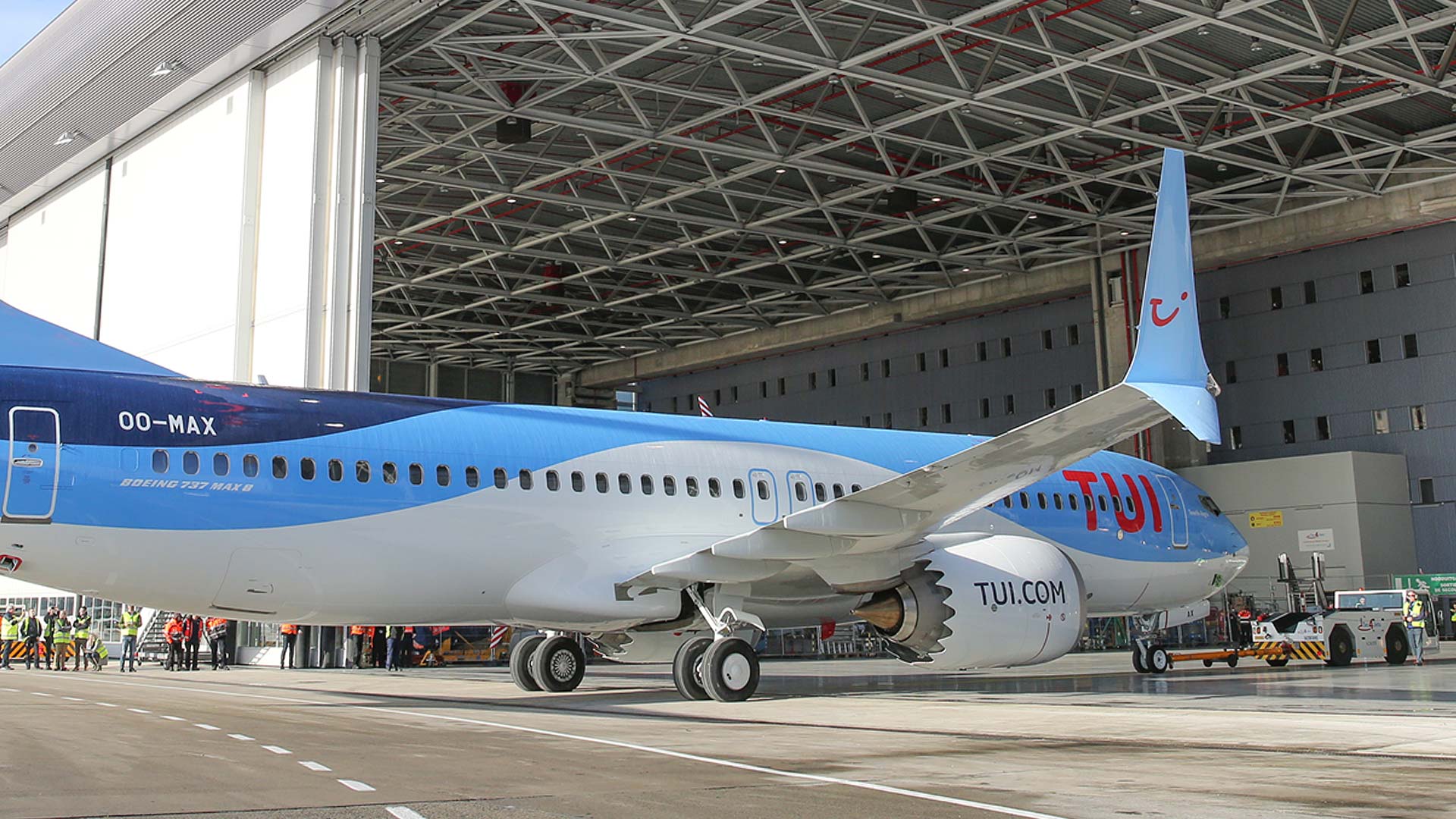
Airline warns Boeing fleet grounding to hit earnings

Colin Bamford
Professor of Transport and Logistics
Professor of Transport and Logistics Colin Bamford comments on the increasing woes of the airline companies following the news that travel firm Tui has warned that the grounding of Boeing 737 Max planes could cost it up to €300m (£258m).
‘Boneyards’ to the rescue
“The early weeks of 2019 have been difficult for the already troubled travel industry. The Icelandic carrier WOW became the fifth airline to collapse this year, following months of concern over its financial viability. It ceased trading abruptly, leaving thousands of passengers either stranded or with their travel plans in ruins. WOW has followed the demise of Flybmi and the last-minute bail-out of Flybe. These things generate further uncertainty in what is an unstable industry.
To add to these woes, the grounding of all of Boeing’s 737 Max aircraft, as a consequence of the Lion Air and Ethiopian Airlines crashes, has been catastrophic not just for Boeing but also for the airlines that operate them. These include Southwest, the US budget carrier, American Airlines, China Southern, Air Canada, Norwegian and Tui, Europe’s largest tour company.
It is, though, remarkable how at a time of apparent crisis, the market can respond. This has come about through bringing back to service aircraft that have previously been sent to a ‘boneyard’, the term used for an aircraft parking lot. The Arizona desert in the US has three sites holding a few thousand planes; in Europe there are similar but smaller facilities in France and Spain. Many of the old work horses are owned by what are known as ‘wet leasing’ companies – they can be brought back into service quickly but in this unusual case, at a premium price to those airlines in desperate need of a short-term lease.
Tui have estimated that having to use older leased 737’s and other aircraft to meet its obligations to customers will cost €200m assuming their Max planes will be back in service in mid-July. If this delay is put back to the end of September, it will be hit with a further €100m of costs. News of the problem saw Tui’s shares plunge by around 10%, adding to the problems that the company was facing due to Brexit fears and a week pound/euro exchange rate.
So what are these additional costs? There is the cost of leasing and bringing grounded aircraft back to meeting safety requirements. The main cost though is likely to be additional fuel costs – the new generation of 737’s are much more fuel efficient than their predecessors. There are also additional costs of organising and facilitating changes to previously arranged flight schedules. Tui, like others, will want to reclaim its additional costs from Boeing, but in the short term, they will have to incur additional expense.
It has been estimated that almost 400 737 Max’s are now grounded around the world. Good news for leasing companies, not so good news for their airlines and of course, a huge blow to Boeing. Passengers though should not be too alarmed about being flown on holiday in a plane that may be 40 years old complete with ashtrays and no seat-back TV. Let’s face it, another trip should not make much difference!”
Business
Browse all our blogs related to Business.
Consumer behaviour
Browse all our blogs related to Consumer behaviour.
Logistics
Browse all our blogs related to Logistics.
Tourism
Browse all our blogs related to Tourism.
Transport
Browse all our blogs related to Transport.